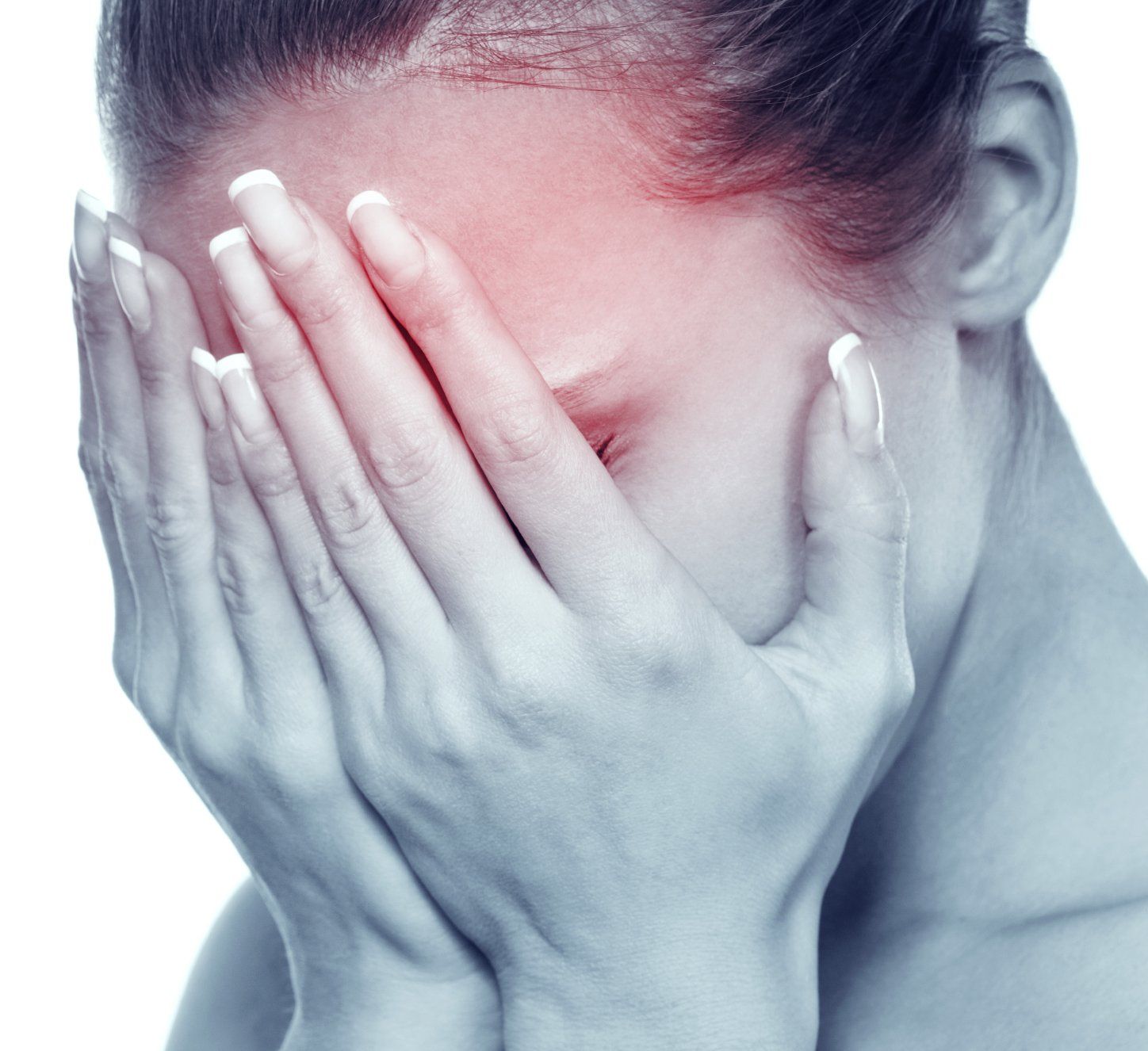Blog Layout
Mental health and maintaining it
What is mental ill health, and how can we maintain good mental health?

As human beings, we all experience certain level of psychological distress, we can learn and grow through our experiences. At times it can motivate us, like useful stress can help us focus and get things done. It is normal for our mood to drop or rise depending on our circumstances and environment.
Mental illness is a catch all term that refers to various psychiatric disorders. Just like physical illnesses, it can vary significantly in its symptoms and severity. Psychological distress becomes a mental illness when it impacts upon the way a person thinks, behaves and interacts with other people in society.
Many people suffering from mental distress may not look as though they are ill, while others may appear to be confused, agitated, or withdrawn.
Anyone can have times when they experience mental distress – in fact, it is thought that one in four of the general population will have a mental health problem at some point in their life (Mind, 2004).
This doesn’t always mean something severe like schizophrenia; it can mean something relatively mild like an adjustment reaction or generalised anxiety.
Mental illnesses are real illnesses - as real as heart disease and cancer. Like other long-term conditions they need and respond well to treatment. Some illnesses take a chronic course and service users need to maintain contact with services over the long term. However, most people who suffer from a mental illness (including those that can be extremely debilitating such as Schizophrenia) can be treated effectively and lead full lives. Our understanding of mental health is likely to be influenced by a number of factors; for example, this may vary from country to country and culture to culture.
So what is good mental health:
WHEN OUR MENTAL HEALTH IS GOOD WE EXPERIENCE:
Feeling
in control
Being
able to make rational decisions
Being
in touch with our feelings
Being
able to form positive relationships
Feeling
good about ourselves
Knowing
how to look after ourselves
SOME FACTORS WHICH HELP US MAINTAIN GOOD MENTAL HEALTH
:
- Talk about their feelings
- Write them down
- Keep active
- Eat well
- Sleep well
- Keep in touch with friends and loved ones
- Gain knowledge and the feeling of achievement
- Set realistic goals
- Keep an eye on personal stress
- Find a hobby or volunteer
- Asking for help if you need - its ok to not be ok!
See some of our blogs below about Mental health, First aid and much more

by David Coyle
•
5 July 2022
Paediatric First Aid First Aid for children and infants A Paediatric First Aid course is ideal for parents, grandparents, caregivers, childminders, schools and businesses involved in childcare. As parents, grandparents, aunts and uncles or professional childminders the thought of an accident or incident occurring while looking after your own or someone else's child can be a scary thought, especially for those who may be in rural areas where the emergency services may not be as easily accessible. Paediatric first aid comes with its own challenges and a fundamental part of being human is the wish to preserve life, especially a young life. It is hard wired into us to want to do something to help. It doesn’t have to be a grand heroic act, it can be something as simple as staying calm and being the one who is able to relay the details of the situation to the emergency services. We have spoken previously about using the what3words app to enable the emergency services to get to your precise location. Even downloading this app and having instant access to those important 3 words can be a life saving act. This is especially true if you are out with children in parks or day trips away from your usual residence or nursery setting. Paediatric first aid courses are a great way to boost your confidence and knowledge. All first aid courses are full of information, techniques and skills. Physical techniques like the recovery position or how to deal with a choking incident, all the way up to mental skills. An excellent quality of a first aider is to know the importance of staying calm, how to react to bystanders who may want to help but can be a hindrance and to be able to apply any knowledge that you have previously learnt. It is not only the practical first aid skills that are important but it's knowing how to safely handle the situation and acting swiftly. A good paediatric first aid course should cover areas such as; Assessing an emergency situation Provide First AId knowledge to an infant or child eho is unresponsive and either breathing or not breathing normally. External bleeding Foreign body obstruction in the airway Burns, scalds, bites and stings Anaphylaxis Injuries to bones, joints and muscles also head or spinal injuries Those suffering from a chronic medical condition or sudden illness There are many other topics covered but perhaps the most important is the paediatric first aid course you choose should meet the requirements of the Early Years Foundation Stage (EYFS). Life saving skills are often thought to only be necessary for trained professionals like doctors, nurses and emergency services but these professionals can often do more if there has been a quick assessment and reaction by a first aider on scene. We all have the ability to perform life saving acts.
DAC Education LTD, Company number 12639015
Registered office and training centre: Unit One, Main Road, Stratford St Andrew, Suffolk, IP17 1LF
© 2025
All Rights Reserved | DAC Education Ltd


















